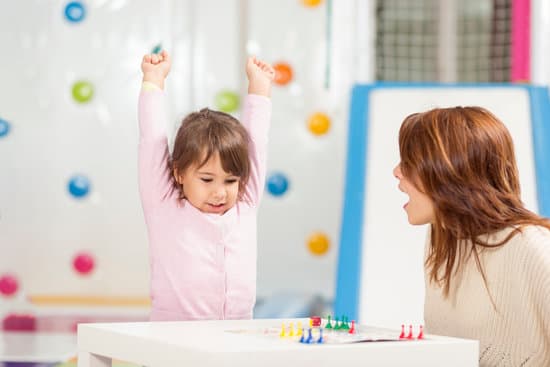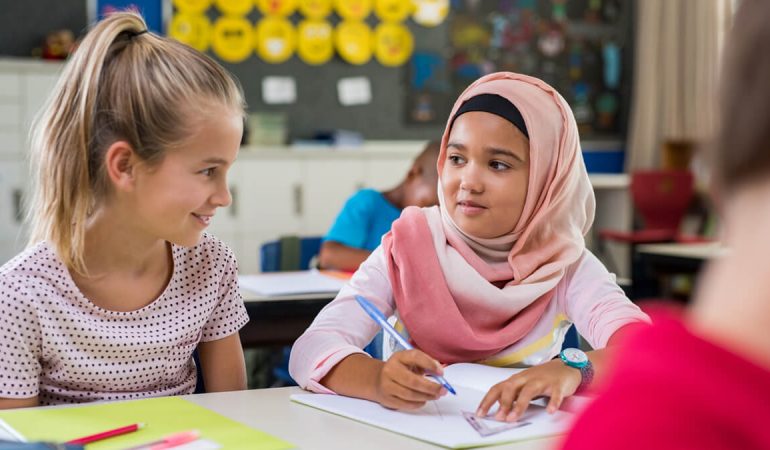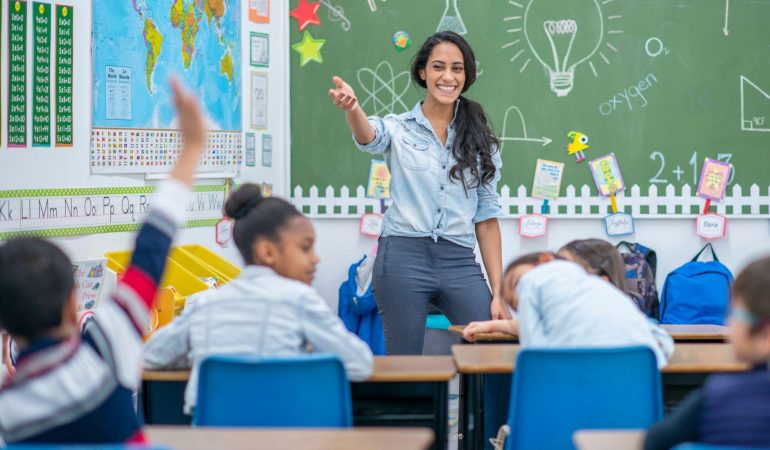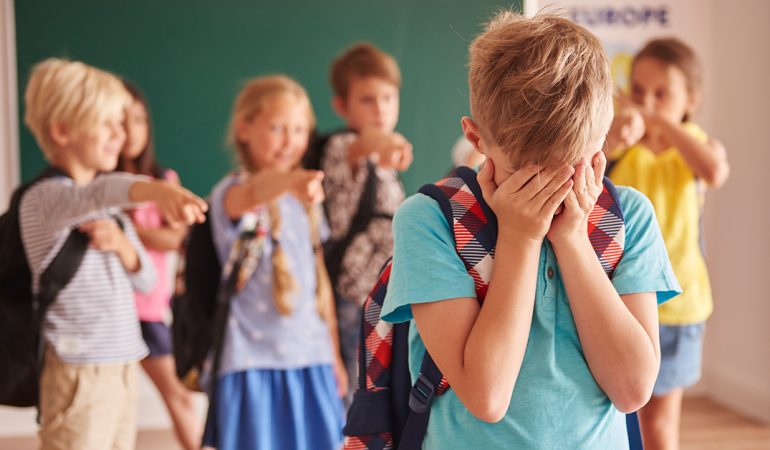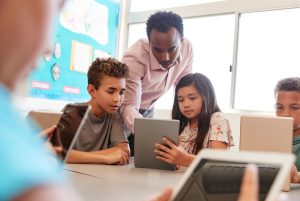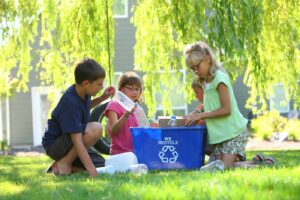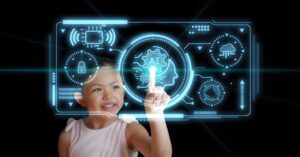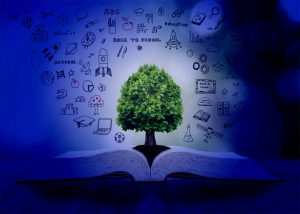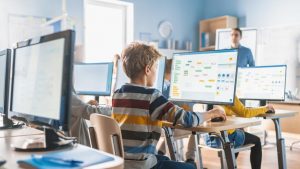Game-Based Learning Strategies in the Classroom
Gone are the days of learning with textbooks. As an educator, you have probably experienced how difficult it is to meet different student needs while trying to keep student interest high. Game-based learning is an engaging and exciting way to engage students in academic learning. Wherever you are in your educational career, this course will help you learn what you need to know to integrate academic play into your classroom.
Game-based learning is a teaching strategy used to help define and support learning outcomes for individuals to achieve their learning goals. In order to keep students motivated to learn while playing, they need to have elements such as participation, instant rewards and healthy competition.
The great thing about game-based learning is that it’s available to everyone at all levels of education, from pre-school to post-secondary education and beyond.
This learning model brings the methods, rules, and social experiences of playing games into the classroom. This model allows teachers to target specific activities that will benefit real-world reflections of concepts. This can lead to more engaging and social learning opportunities.
Here are some reasons why teachers use game-based learning:
- Low risk competition
- Development of interpersonal, internal and other skills
- Student-centered experiences
- Interaction and motivation
- Digital literacy
- Offer problem-solving opportunities
- Developing thinking skills


